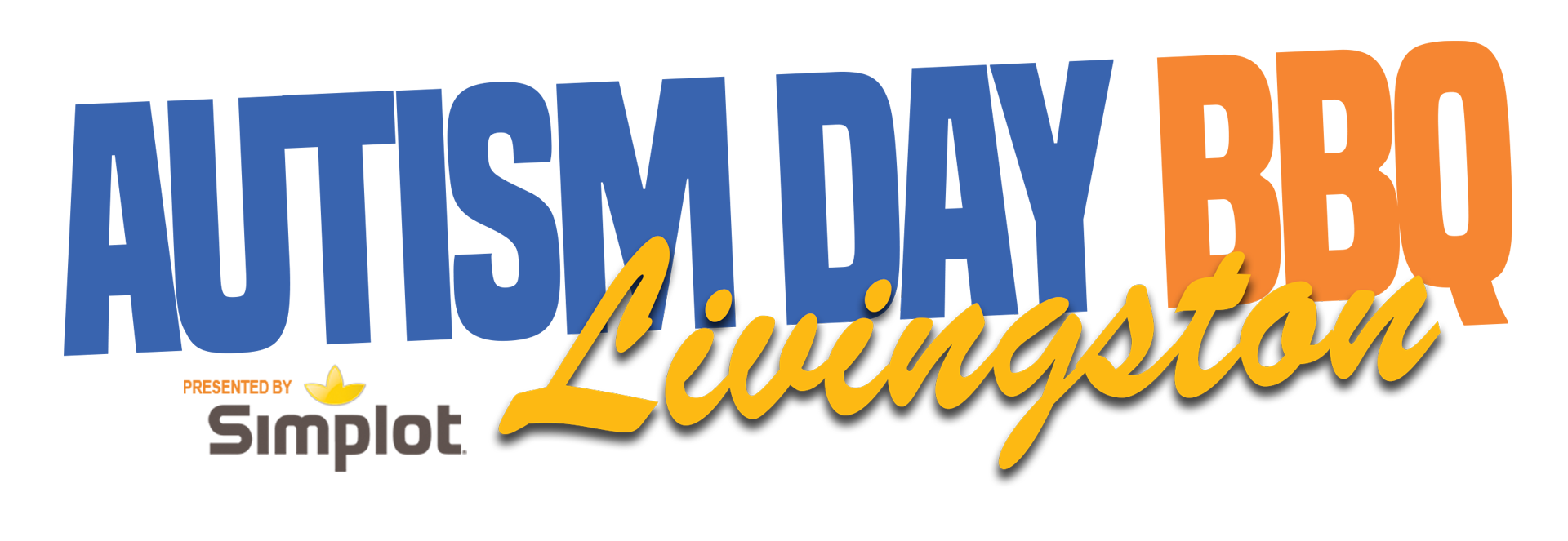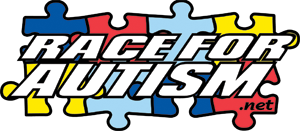Race For Autism


The event is a FREE family fun day for families living with autism to come enjoy a BBQ, carnival rides, games, crafts, face painting, a magic show, and more! This event will be from 10am to 2pm. Reservations are required to attend. RSVP by September 7, 2025 to secure your spot. For questions, contact us at info@carlosvieirafoundation.org or 209-394-1444.
How Does the Carlos Vieira Foundation Help?
At the Carlos Vieira Foundation, we strive to help those in our community who are affected by autism spectrum disorders. We accomplish this through fundraising, donating to local organizations, raising awareness, hosting community support events, and awarding grants to provide access to necessary resources to aid in development.
Our Direct-Help Grant Program is offered to provide up to $500 of services, medical necessities, and educational tools to families affected by autism within Central California. Families must complete the application, provide all required supporting documentation, and the child must meet the three following requirements to be considered eligible:
- Under the age of 18.
- Resides within one of the following 21 counties: Butte, Colusa, El Dorado, Fresno, Glenn, Kern, Kings, Madera, Mariposa, Merced, Placer, Sacramento, San Joaquin, Shasta, Stanislaus, Sutter, Tehama, Tuolumne, Tulare, Yolo, or Yuba.
- Diagnosed with an autism spectrum disorder.
What is Autism?
Autism spectrum disorders (ASD) are a complex set of neurological disorders that are present from early childhood and can cause significant social, communication and behavioral challenges. This condition is characterized by difficulty in communicating and forming relationships with other people and in using language and abstract concepts.
Facts about Autism:
In 2018, the Centers for Disease Control and Prevention’s Autism and Developmental Disabilities Monitoring Network determined that approximately 1 in 59 children(1 in 37 for boys and 1 in 151 for girls) are diagnosed with an autism spectrum disorder in the United States.
Studies have shown that 40% of the children diagnosed with autism never speak. Autism is one of the fastest-growing developmental disorders in the U.S., yet one of the most underfunded.
Autism Speaks estimates that it takes around $60,000 a year on average to support someone with an autism spectrum disorder. Autism itself does not affect life expectancy, however research has shown that1 the mortality risk among individuals with autism is twice as high as the general population, in large part due to drowning and other accidents.
What are the Signs of Autism?
Signs of autism are often present before the age of three. Possible signs that a child may have autism include, but are not limited to, the following:
- Avoids eye contact and prefers to be alone
- Struggles with displaying understanding of other people’s feelings
- Remains nonverbal or has delayed language development
- Repeats words or phrases over and over (echolalia)
- Gets upset by minor changes in routine or surroundings
- Has highly restricted interests
- Performs repetitive behaviors such as flapping, rocking or spinning
- Has unusual and often intense reactions to sounds, smells, tastes, textures, lights and/or colors
Getting Help: Children with autism do progress–early intervention is key
If you think your child might have ASD or you think there could be a problem with the way your child plays, learns, speaks, or acts, contact your child’s doctor, and share your concerns. If you or the doctor is still concerned, ask the doctor for a referral to a specialist who can do a more in-depth evaluation of your child. Specialists who can do a more in-depth evaluation and make a diagnosis include: Developmental Pediatricians, Child Neurologists, and Child Psychologists or Psychiatrists.
Although there is no known cure for autism, early intervention and treatment has shown to be extremely beneficial to aiding children with autism. Scientists agree that the earlier a child receives early intervention services, the better the child’s prognosis. Some services can include therapy to help the child talk, walk, and interact with others.
Resources
Autism Speaks
www.autismspeaks.org/
Centers for Disease Control and Prevention
www.cdc.gov/ncbddd/autism/index.html



